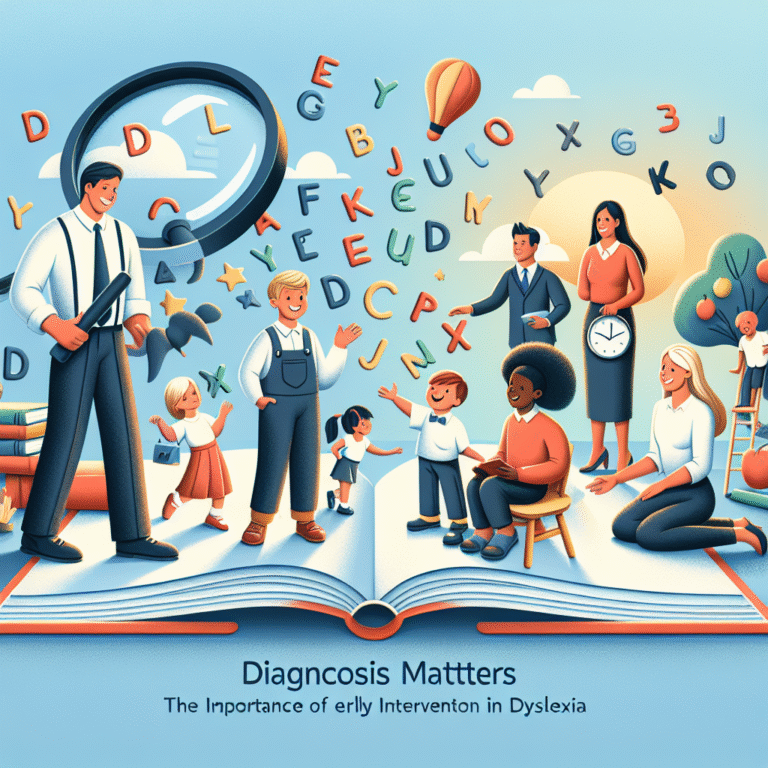
Introduction
Jealousy—a seemingly simple emotion, yet profound in its complexity—affects everyone, sparking conflicts and straining relationships. Many have experienced that tight knot in their stomach when witnessing someone else’s success or happiness, often leading to what Shakespeare famously coined as the “green-eyed monster.” Understanding the roots of jealousy is not just about identifying its presence but also unraveling its underlying causes and manifestations. In this article, we will explore the depths of jealousy, dissect its various forms, and provide actionable insights for managing this potent emotion. Through a blend of real-world case studies, expert insights, and practical tips, we aim to equip readers with the knowledge to understand and combat the green-eyed monster in their own lives.
The Nature of Jealousy
A Universal Emotion
Jealousy has been a part of human experience across cultures and epochs. According to psychological research, it is often triggered by feelings of insecurity, fear of loss, and low self-esteem. This primordial emotion serves as an alert mechanism, signaling individuals that something they value is threatened. However, unchecked jealousy can lead to destructive behavior and relationship breakdowns.
The Psychological Framework
To frame our understanding of jealousy, we can use the ABC model of psychology:
- A affective (emotional) component: The emotional response felt during jealous episodes.
- B behavioral component: The actions taken as a result of jealousy.
- C cognitive component: The thoughts and beliefs that fuel feelings of jealousy.
This model helps clarify why the green-eyed monster can manifest in different forms, from mild envy to devastating possessiveness.
Understanding Variants of Jealousy
Envy vs. Jealousy
While often used interchangeably, envy and jealousy reflect differing feelings. Envy occurs when we desire what another person possesses, while jealousy occurs when we fear losing what we already have to someone else. This distinction is crucial for navigating social interactions and relationships effectively.
| Emotion | Definition | Example |
|---|---|---|
| Envy | Desire for what others have | Wishing you had your friend’s new car |
| Jealousy | Fear of losing what you have | Worrying that your partner might leave you |
Relationship Jealousy
Romantic relationships often serve as a fertile ground for jealousy. Heightened emotional investment can make individuals susceptible to feelings of inadequacy or fear of abandonment. A 2019 study from the Journal of Social and Personal Relationships found that about 70% of individuals have experienced relationship jealousy at some point. This prevalence highlights the importance of addressing and understanding jealousy in intimate partnerships.
Social Jealousy
In the context of social environments—like workplaces, friendships, and online interactions—jealousy can reshape behaviors and decisions. Social media, in particular, amplifies feelings of inadequacy and comparison. When we scroll through curated snapshots of others’ seemingly perfect lives, the green-eyed monster can awaken, leading to disengagement, resentment, or even aggression towards those we view as more successful.
Case Studies in Jealousy
Case Study 1: The Workplace Warrior
Sarah, a high-achieving marketing executive, begins to feel jealous when her colleague, Tom, receives praise from their manager for a successful project. Overcome by negative comparisons, Sarah begins to undermine Tom’s contribution to the team by downplaying his achievements to their colleagues. After a few weeks, the toxic atmosphere harms overall productivity, demonstrating how jealousy can become a destructive force.
Analysis: This case highlights how workplace jealousy can trigger not only personal conflict but also teamwork disintegration. Addressing these feelings openly can restore a collaborative environment.
Case Study 2: The Social Media Spiral
James, a 25-year-old, finds himself feeling increasingly insecure as he observes his friends’ life milestones on social media. From engagements to career advancements, James becomes consumed by thoughts of "not measuring up," leading to anxiety and withdrawal from his social circle.
Analysis: This case illustrates how social media exacerbates feelings of jealousy by creating unrealistic comparisons. Developing a healthier relationship with social media can alleviate these pressures.
Case Study 3: Sibling Rivalry
Laura and her younger brother, Eric, have always held a competitive spirit. When Eric is awarded a prestigious scholarship, Laura feels a sudden rush of jealousy. Instead of supporting her brother, she retreats into bitterness, straining their relationship and deteriorating family dynamics.
Analysis: Family dynamics often intensify feelings of jealousy, especially in sibling relationships. Open communication and support can bridge these emotional chasms.
Roots of Jealousy
Self-Esteem and Insecurity
At the foundational level, jealousy often stems from an individual’s self-esteem. When a person harbors feelings of inadequacy, they may perceive others’ successes as threats rather than motivators. Improving self-esteem and fostering self-awareness can mitigate jealousy, transforming it into admiration.
Cultural and Societal Influences
Society plays a significant role in shaping perceptions related to jealousy. Cultural conditioning often teaches individuals to compete rather than collaborate. An environment that values individual achievement above communal success can amplify jealousy.
Relationship Dynamics
Jealousy in romantic relationships often reflects attachment styles. Individuals with anxious attachment may be more prone to jealousy due to deep-seated fears of abandonment. Understanding these dynamics allows individuals to adopt healthier communication patterns.
Managing Jealousy: Practical Strategies
Open Communication
The cornerstone of combating jealousy is fostering open dialogue. Whether in friendships, romantic relationships, or workplaces, discussing feelings can dispel misunderstandings. For example, if jealousy arises from a colleague’s recognition, expressing congratulations can transform resentment into camaraderie.
Reframing Thoughts
Cognitive restructuring can change negative thought patterns. When feelings of jealousy emerge, consciously redirect your thoughts. Instead of thinking, "Why do they deserve that?" try, "What can I learn from their success?"
Building Self-Esteem
Investing time in personal growth can improve self-esteem. Engaging in hobbies, seeking therapy, or developing new skills can reshape how we view ourselves in comparison to others.
Setting Boundaries
In some cases, managing jealousy requires setting boundaries. In relationships, creating emotional and physical boundaries can help establish trust and reduce triggers that ignite jealousy.
Practicing Empathy
Empathy can mitigate jealousy significantly. When you understand someone else’s journey and the effort behind their achievements, it becomes easier to celebrate them rather than view them as adversaries.
Conclusion
The green-eyed monster is a complex emotion rooted in our psyche’s myriad layers. By understanding the foundations of jealousy—its forms, triggers, and influences—we can navigate our emotional landscapes with more grace and insight. Rather than letting jealousy darken our relationships or dictate our actions, we can choose paths of empathy, growth, and resilience. With the knowledge gained, we are better equipped to extinguish jealousy’s flames, transforming it into an opportunity for self-awareness and constructive change. So, as you embark on your journey of self-discovery, remember that acknowledging this emotion is the first step towards mastering it.
FAQs
What causes jealousy?
Jealousy is triggered by feelings of inadequacy, fear of loss, and low self-esteem. Environmental factors, cultural conditioning, and relationship dynamics can also play significant roles.
Is jealousy a natural emotion?
Yes, jealousy is a natural and human emotion that has existed throughout history. However, while it can be a signal of emotional investment, it needs to be managed to avoid negative consequences.
How can I prevent jealousy from affecting my relationships?
Open communication, reframing thoughts, building self-esteem, and practicing empathy can all help mitigate jealousy and its effects on relationships.
Are there therapeutic approaches to dealing with jealousy?
Yes, cognitive-behavioral therapy (CBT) and other therapeutic modalities can assist individuals in recognizing and managing their jealous feelings more effectively.
Can jealousy ever be healthy?
In some contexts, mild jealousy can serve as a motivator to improve oneself or strengthen commitments in relationships when managed constructively. The key lies in understanding its roots and expressing it appropriately.
By embracing the insights of The Green-Eyed Monster: Understanding the Roots of Jealousy, readers can navigate their emotional responses, fostering healthier relationships with themselves and others.

















